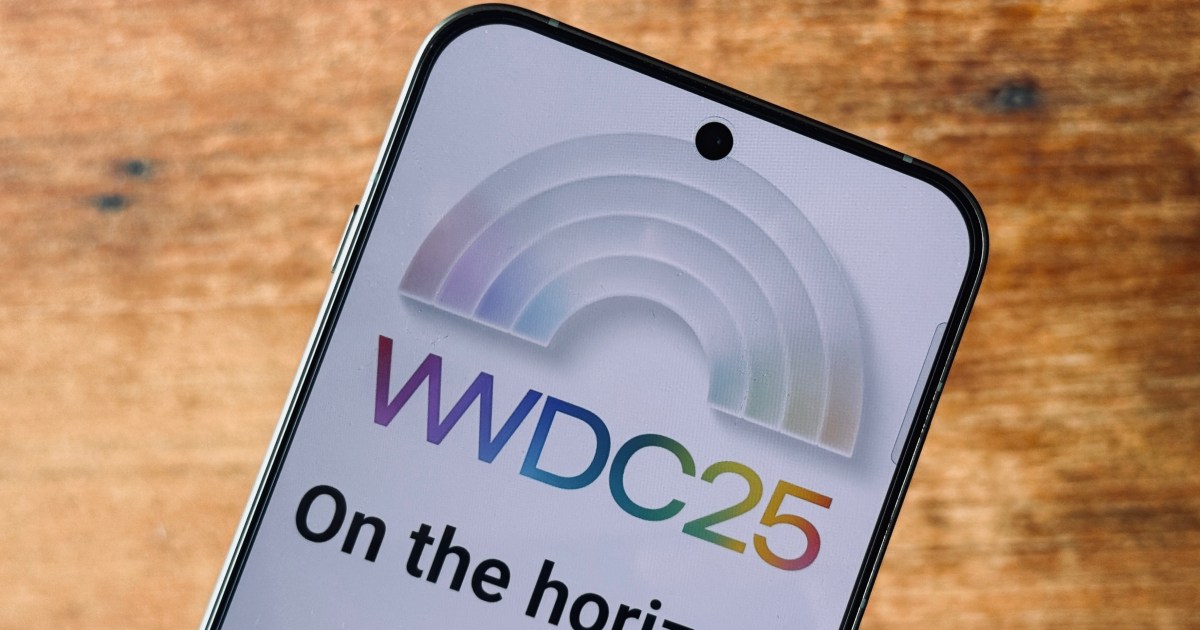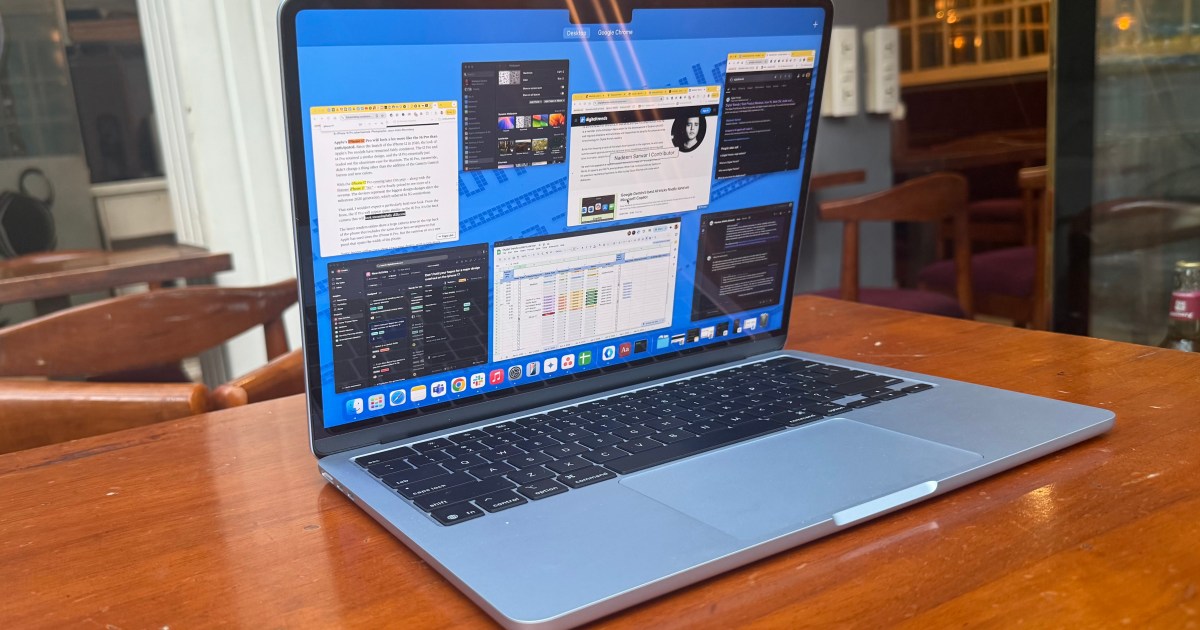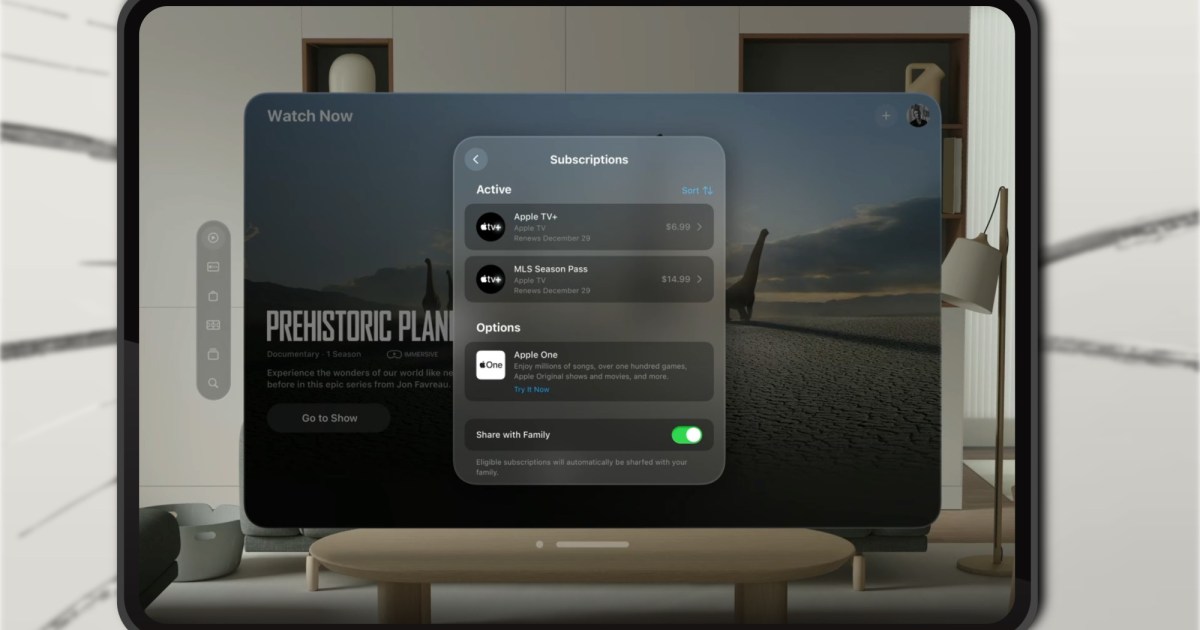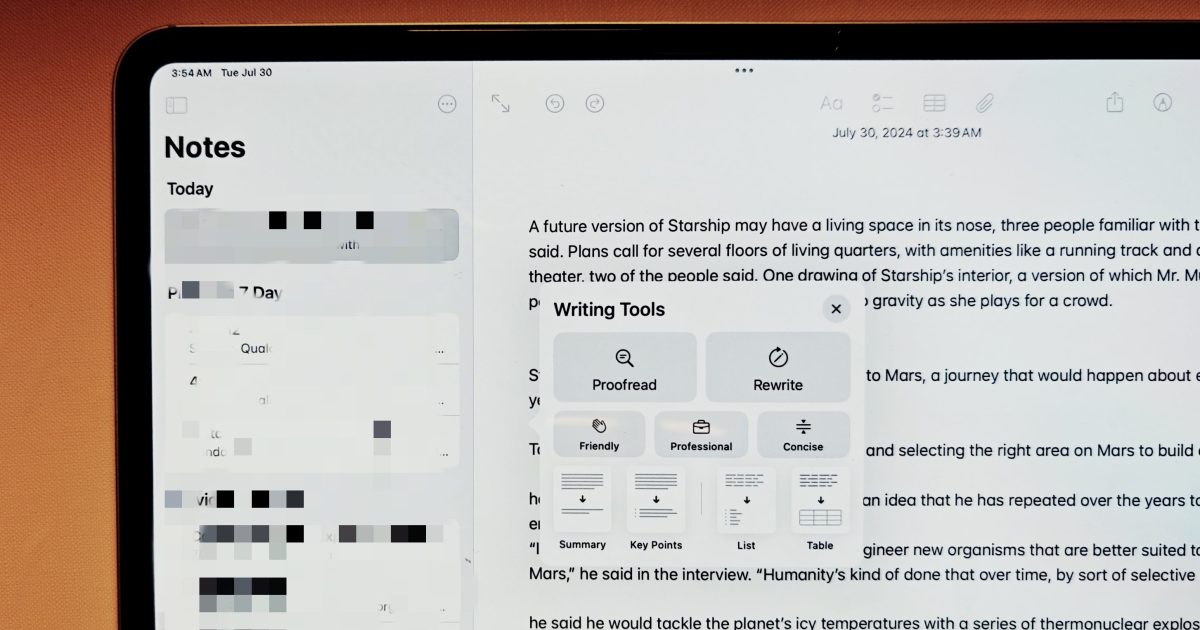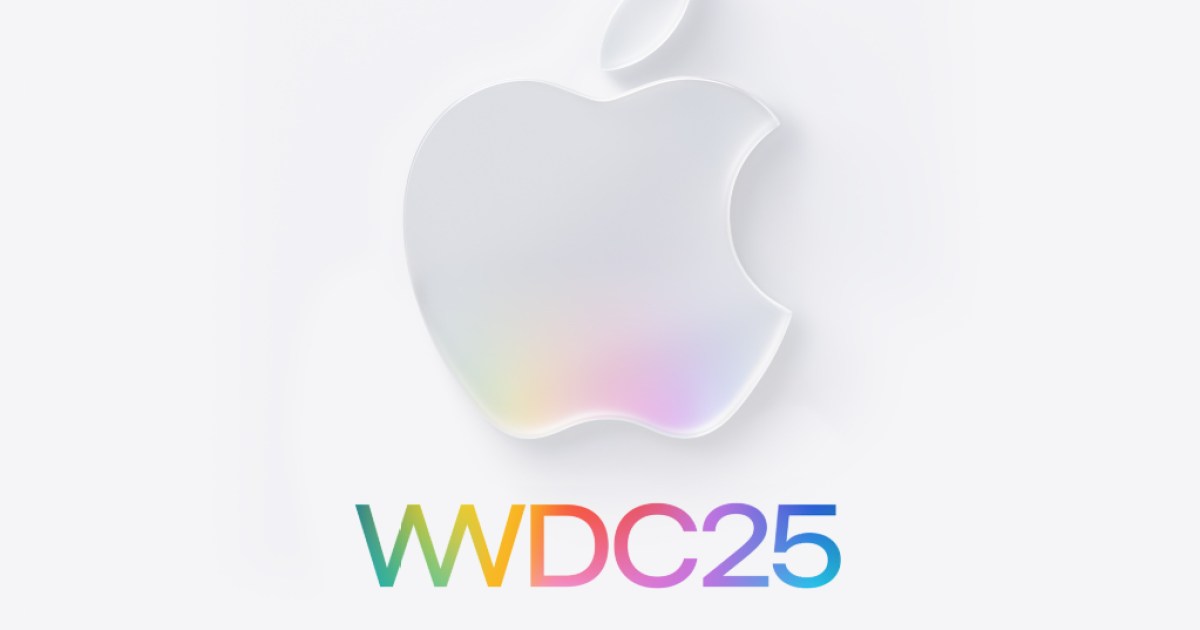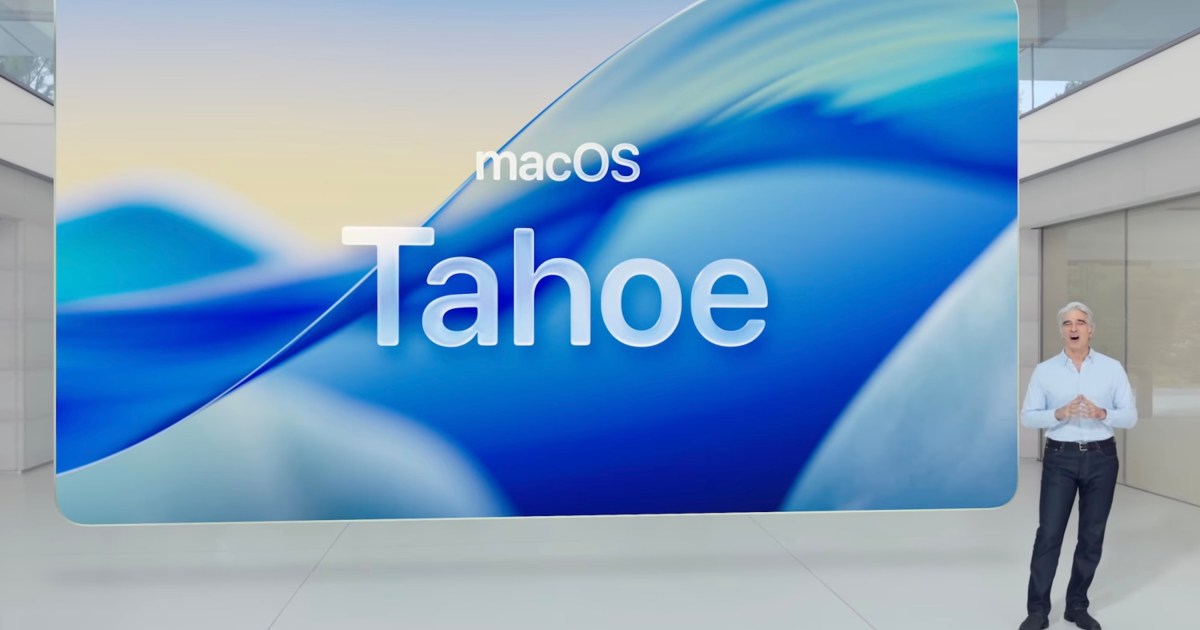Apple’s upcoming Worldwide Developers Conference (WWDC), set to commence on June 9th, is poised to be a significant event, with major software announcements anticipated. We expect to see the introduction of iOS 19, macOS 16, iPadOS 19, watchOS 12, visionOS 3, and tvOS 19, aligning with Apple’s tradition of unveiling substantial software updates mid-year. This year, however, the stakes are particularly high. Industry observers and consumers alike will be keenly watching Apple’s advancements in artificial intelligence, especially after a slower start compared to Google’s Android and some well-documented challenges with Apple Intelligence. These WWDC 2025 expectations are shaping up for a pivotal moment for Apple’s software ecosystem.
According to Bloomberg, Apple plans to be more conservative with its feature announcements, prioritizing experiences that are ready for timely release over the ambitious, sometimes undelivered, goals set with previous updates like iOS 18. Based on credible reports, here’s what we anticipate seeing at WWDC 2025.
A Fresh Design Language Across Platforms
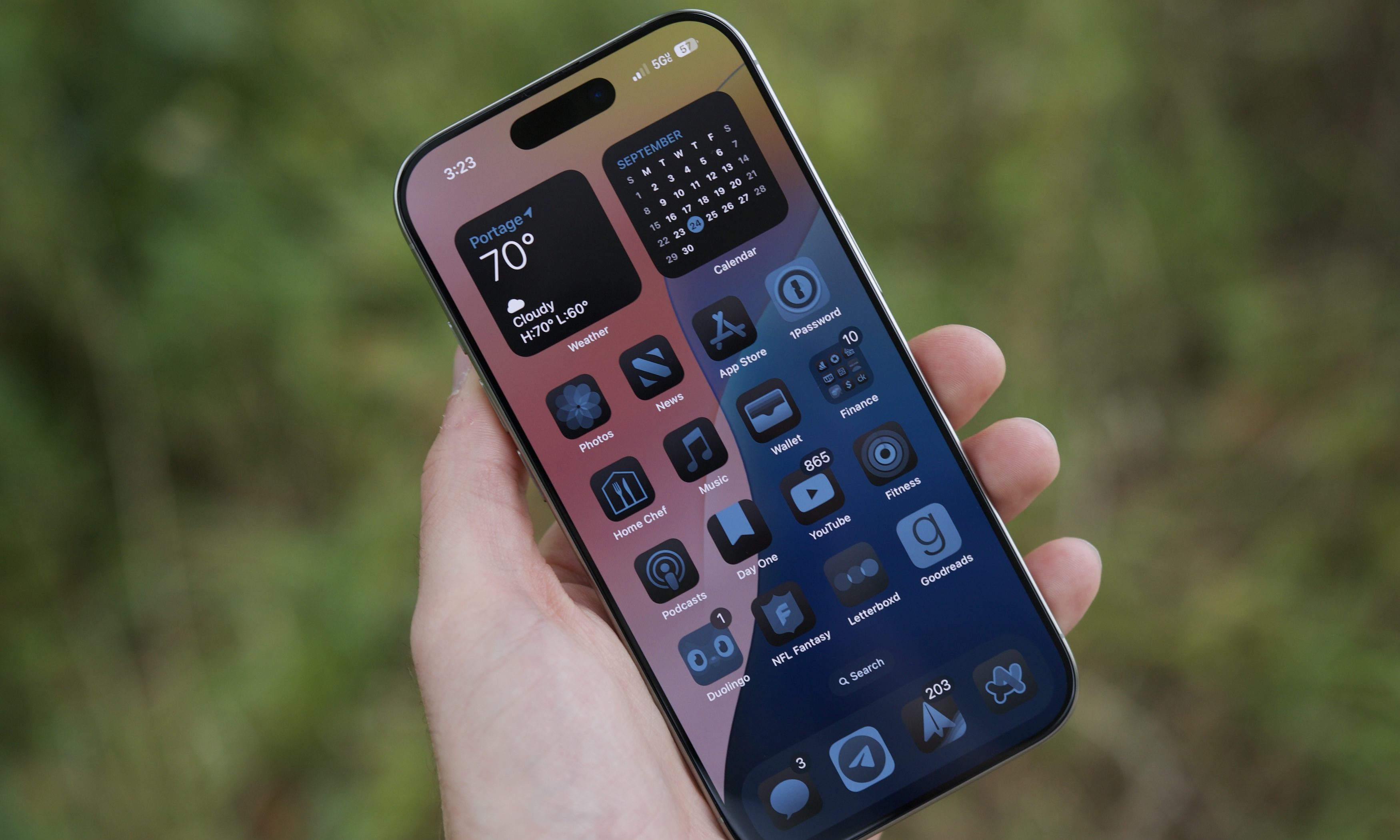 An iPhone 16 Pro displaying its redesigned iOS 19 home screen with updated icons and widgets.It appears aesthetic overhauls are a central theme for major tech players. Following Google’s introduction of Material 3 Expressive at I/O 2025, which featured bold color effects and enhanced UX customization, Apple is expected to reveal a similar comprehensive redesign for its operating system portfolio at WWDC.
An iPhone 16 Pro displaying its redesigned iOS 19 home screen with updated icons and widgets.It appears aesthetic overhauls are a central theme for major tech players. Following Google’s introduction of Material 3 Expressive at I/O 2025, which featured bold color effects and enhanced UX customization, Apple is expected to reveal a similar comprehensive redesign for its operating system portfolio at WWDC.
A Bloomberg report suggests this revamp “will fundamentally change the look of the operating systems and make Apple’s various software platforms more consistent.” Apple is reportedly aiming for a system-wide transformation affecting app appearances, icons, windows, and other visual elements. The primary inspiration is said to be visionOS, the software powering the Vision Pro XR headset, with a focus on simplifying navigation and improving access to essential controls. This could be the most significant redesign since iOS 7 in 2013, potentially introducing more rounded icons, transparent elements, and smoother animations. Whether this visual refresh will be accompanied by functional changes remains to be seen.
iPadOS 19: Borrowing Mac Magic for Enhanced Productivity?
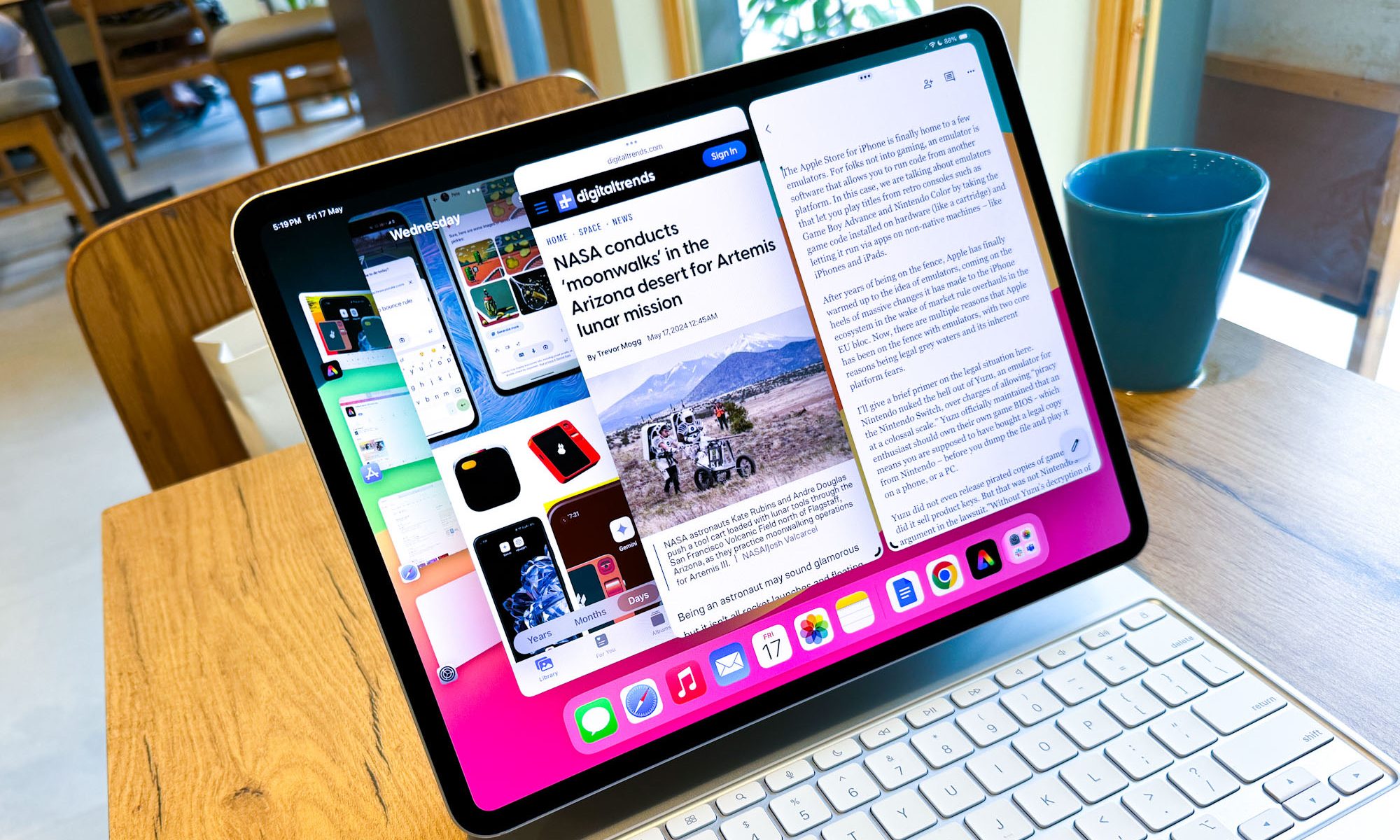 The Stage Manager multitasking interface active on an M4 iPad Pro, showcasing improved windowing capabilities.iPadOS has often been perceived as a limiting factor for Apple’s powerful M-series chip-equipped tablets, essentially functioning as an enlarged version of iOS with a few added productivity tools. While a dual-boot macOS experience is unlikely, Apple seems to be addressing user feedback with iPadOS 19.
The Stage Manager multitasking interface active on an M4 iPad Pro, showcasing improved windowing capabilities.iPadOS has often been perceived as a limiting factor for Apple’s powerful M-series chip-equipped tablets, essentially functioning as an enlarged version of iOS with a few added productivity tools. While a dual-boot macOS experience is unlikely, Apple seems to be addressing user feedback with iPadOS 19.
Bloomberg indicates that the next iPadOS iteration will feature significant changes to multitasking and windowing to boost productivity. Leaker Majin Bu has further suggested that a macOS-like menu bar is coming to iPadOS. This new menu bar is expected to integrate with an enhanced Stage Manager, particularly when an iPad is connected to a Magic Keyboard, aiming for a more Mac-inspired computing experience. It’s currently unclear if this functionality will be exclusive to Apple’s own or MFi-certified keyboard accessories.
Next-Gen Health Perks: AI Coaching and App Overhaul
 An iPhone displaying the Apple Fitness app with its Custom Plans feature for personalized workout routines.Apple has long been a leader in wellness technology, but competition has intensified, with rivals like Huawei making significant strides in health tech innovation. This year, Apple appears poised to reclaim the spotlight. Codenamed “Project Mulberry,” Apple is reportedly planning a major overhaul of the Health app, which will include an AI health coach. A Bloomberg report states, “The service would be powered by a new AI agent that would replicate — at least to some extent — a real doctor.”
An iPhone displaying the Apple Fitness app with its Custom Plans feature for personalized workout routines.Apple has long been a leader in wellness technology, but competition has intensified, with rivals like Huawei making significant strides in health tech innovation. This year, Apple appears poised to reclaim the spotlight. Codenamed “Project Mulberry,” Apple is reportedly planning a major overhaul of the Health app, which will include an AI health coach. A Bloomberg report states, “The service would be powered by a new AI agent that would replicate — at least to some extent — a real doctor.”
While AI-driven personalized health suggestions are not entirely new, Apple’s approach involves using its in-house team of physicians to train the AI coach. Furthermore, the company is collaborating with doctors from various specialties to create videos guiding users on health conditions and lifestyle improvements. This commitment to expertise aims to differentiate Apple’s offering in the crowded health tech space.
AI in a More Practical Shape: Tangible User Benefits
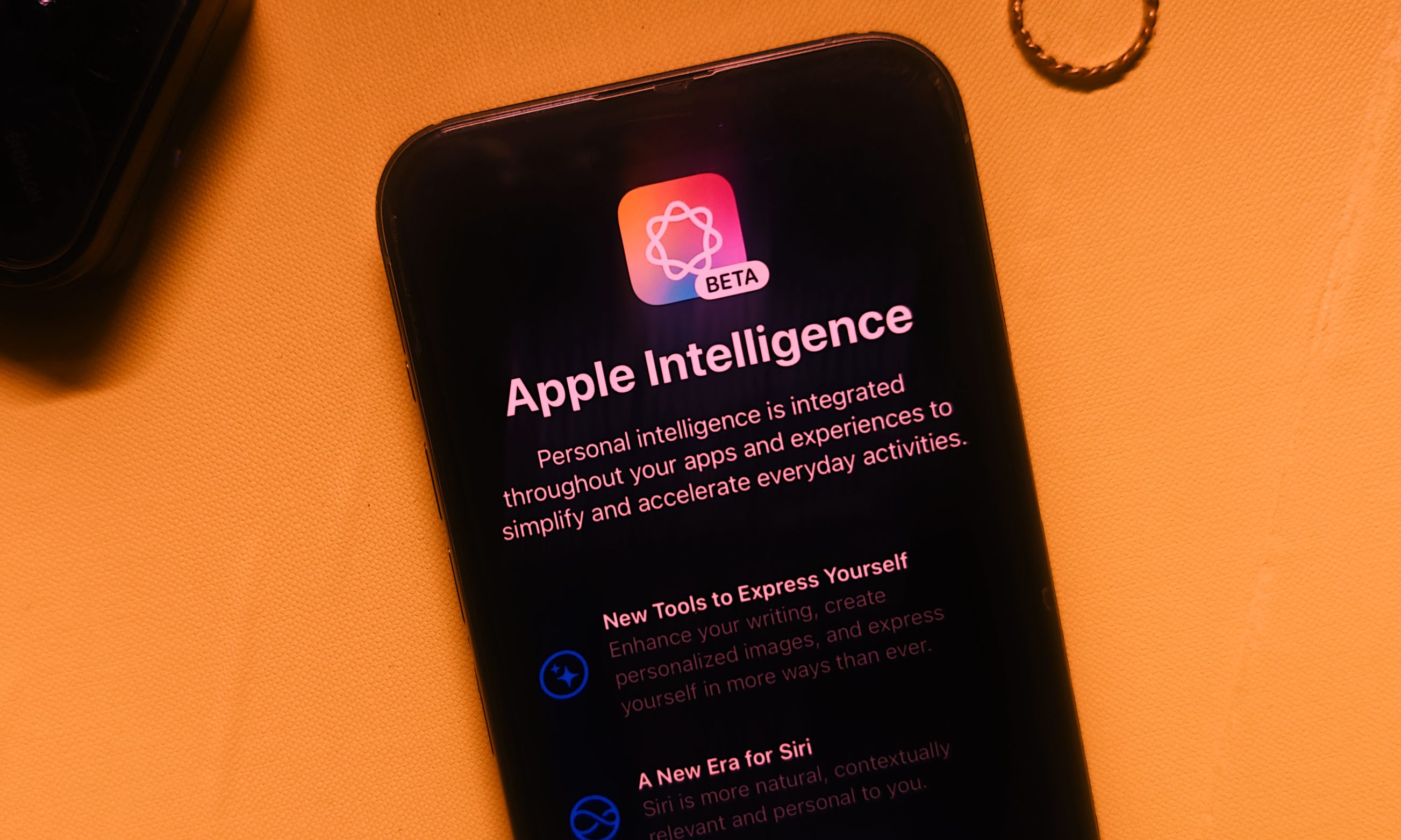 The Apple Intelligence interface showcased on an iPhone 15 Pro Max, highlighting on-device AI capabilities.Apple’s current AI offerings, part of the Apple Intelligence suite, have faced criticism for lagging behind competitors and for some publicized missteps, including issues with AI summarization and reliance on ChatGPT to augment Siri’s capabilities. Unfulfilled promises have also led to adjustments in marketing. At WWDC 2025, Apple is expected to showcase AI features focused on practical, everyday utility.
The Apple Intelligence interface showcased on an iPhone 15 Pro Max, highlighting on-device AI capabilities.Apple’s current AI offerings, part of the Apple Intelligence suite, have faced criticism for lagging behind competitors and for some publicized missteps, including issues with AI summarization and reliance on ChatGPT to augment Siri’s capabilities. Unfulfilled promises have also led to adjustments in marketing. At WWDC 2025, Apple is expected to showcase AI features focused on practical, everyday utility.
Among these is an AI-driven battery management feature for iPhones. “The enhancement will analyze how a person uses their device and make adjustments to conserve energy,” reports Bloomberg. This system will intelligently reduce power consumption by applications to maximize battery life. In addition to the health coach, Apple’s AI will assist with nutrition planning. The system may use the device’s camera to help users track food intake and offer real-time feedback on exercise form. While similar AI apps exist, integrating these features directly into the Health app could offer greater convenience and data privacy for users.
The True Evolution of Siri: Still a Work in Progress
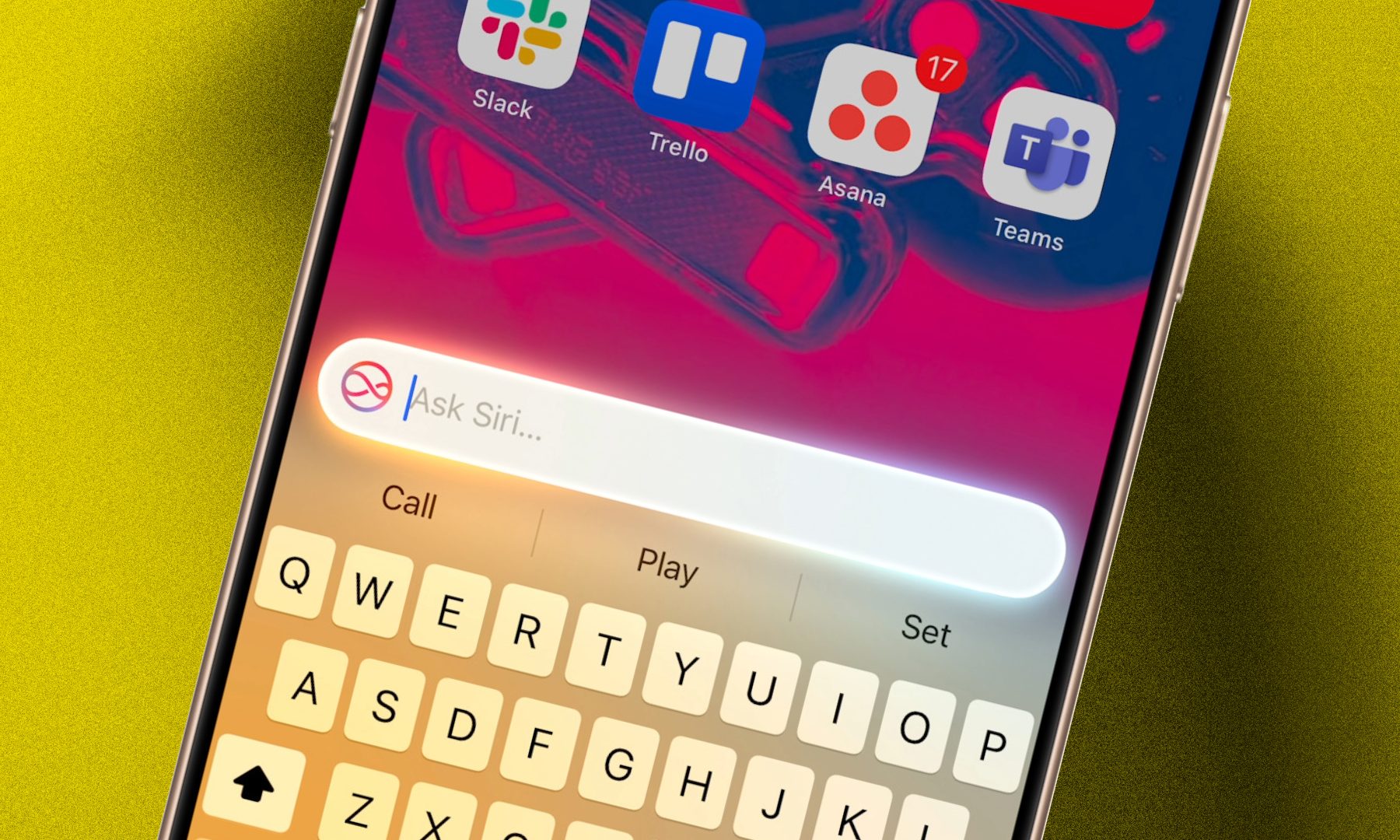 A user invoking Siri on an iPhone, anticipating enhanced AI capabilities in future updates.Despite the focus on practical AI, a comprehensive overhaul of Siri seems to be facing significant delays. Apple has not yet managed to deliver the kind of transformative update to Siri that Google achieved by replacing Google Assistant with Gemini. The project to imbue Siri with generative AI and chatbot-like capabilities, reportedly codenamed LLM Siri, is encountering development hurdles as Apple works to integrate the new LLM-driven stack with Siri’s legacy codebase.
A user invoking Siri on an iPhone, anticipating enhanced AI capabilities in future updates.Despite the focus on practical AI, a comprehensive overhaul of Siri seems to be facing significant delays. Apple has not yet managed to deliver the kind of transformative update to Siri that Google achieved by replacing Google Assistant with Gemini. The project to imbue Siri with generative AI and chatbot-like capabilities, reportedly codenamed LLM Siri, is encountering development hurdles as Apple works to integrate the new LLM-driven stack with Siri’s legacy codebase.
According to reports, the true generative AI makeover for Siri is likely still a year or two away. To bridge this gap, Apple is rumored to be exploring a partnership with Google to integrate Gemini into the iOS experience, similar to its current Siri-ChatGPT integration. More significantly, Apple plans to allow third-party app developers to access its in-house AI models, enabling virtual assistants to perform tasks across different applications, a concept Google has already initiated with “apps” (formerly “extensions”) for Gemini.
Fancy New Hardware: Unlikely for WWDC 2025
Don’t anticipate any major hardware announcements at this year’s developers conference. The theme for WWDC 2025 will likely center on software refinement and addressing existing gaps rather than unveiling new devices, although a glimpse of future hardware is always possible.
Apple’s next-generation M5 silicon, expected to power a new lineup of tablets and Mac hardware, is anticipated to launch in the second half of the year, not at WWDC. Beyond the silicon advancements, the major hardware focus will be on the iPhone 17 series in the fall, which may include the much-rumored ultra-slim iPhone “Air” model. While discussions about smart glasses persist, it’s improbable that Apple will address them during this event.
Conclusion: A Software-Focused WWDC with an Eye on AI’s Future
WWDC 2025 is shaping up to be a crucial event for Apple, primarily centered on software evolution and a more pragmatic approach to artificial intelligence. We anticipate significant redesigns across iOS 19, macOS 16, and iPadOS 19, with the latter potentially gaining more Mac-like productivity features. The Health app is also set for a major upgrade, introducing an AI-powered health coach. While Apple Intelligence will likely see practical enhancements in areas like battery management and nutrition, a revolutionary update for Siri seems further off. Hardware enthusiasts may need to wait until later in the year for new Macs and the next iPhone series. Ultimately, WWDC 2025 will showcase Apple’s strategy to refine its ecosystem, deliver on user expectations, and cautiously advance its AI ambitions. Stay tuned to MaagX for comprehensive coverage and in-depth analysis as WWDC 2025 unfolds.



